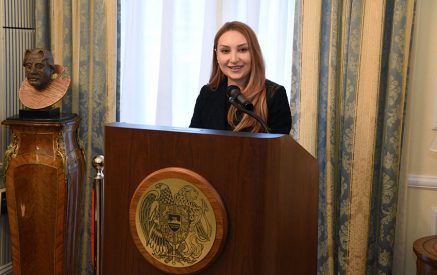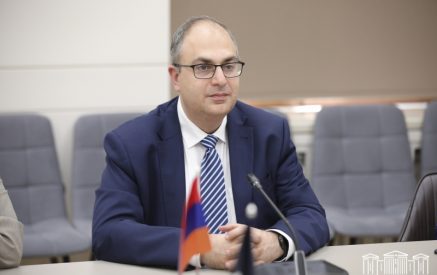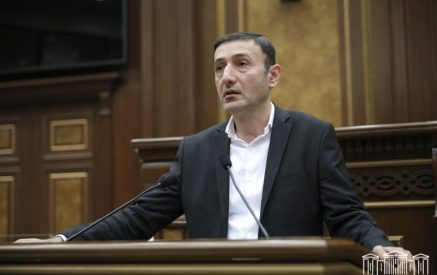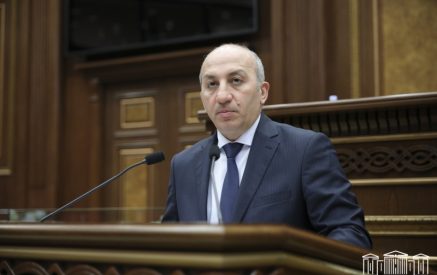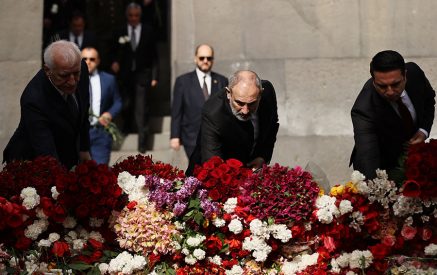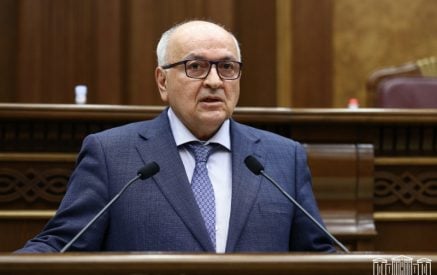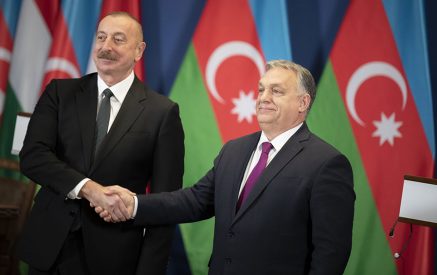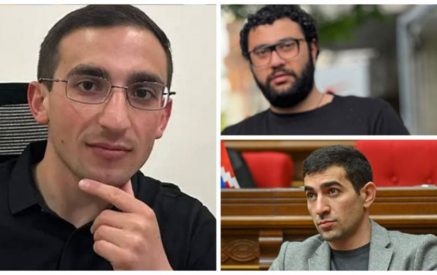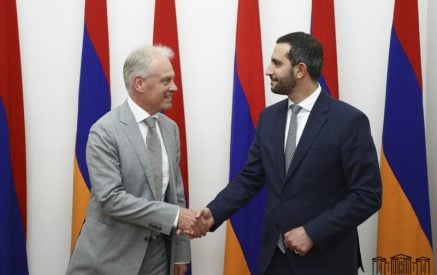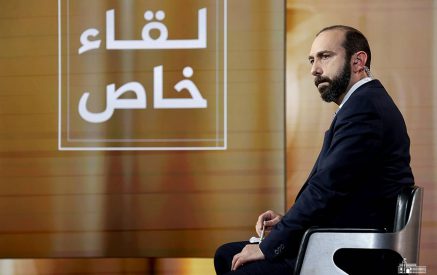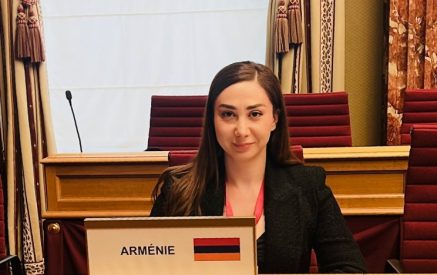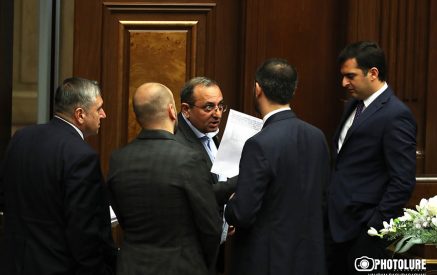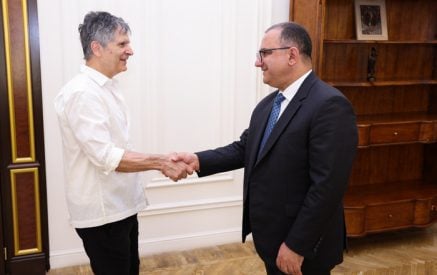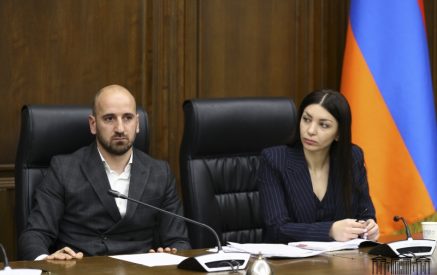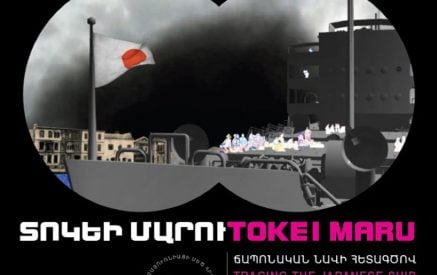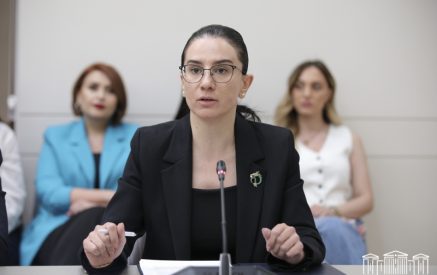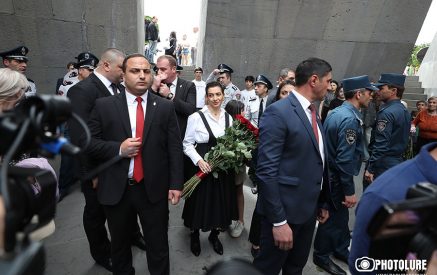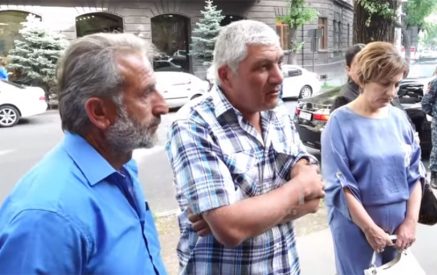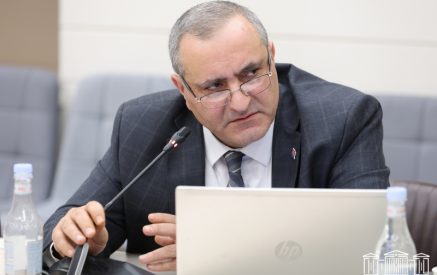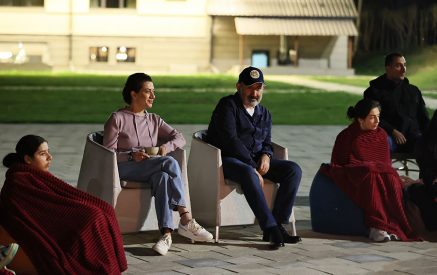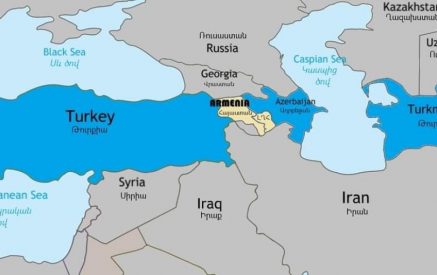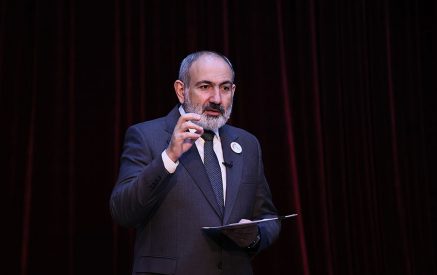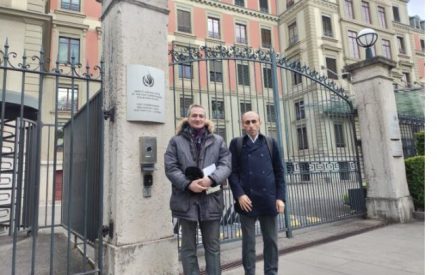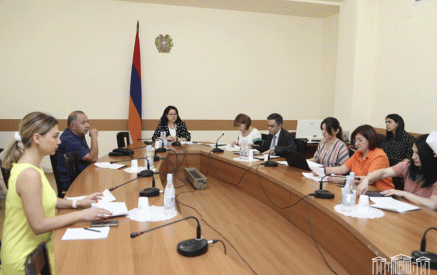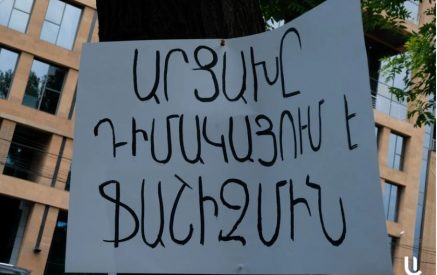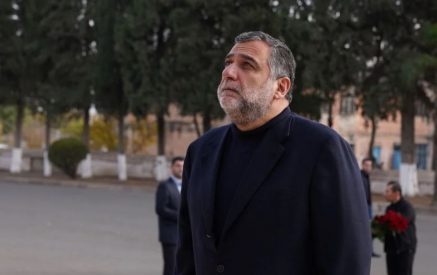“Don’t you think that you are a scoundrel and a rogue, and the humanity should get rid of specimens like you as soon as possible?” “Why haven’t you been arrested?” “Why haven’t they laid charges against you?” Do you think these are questions? From the formal, grammatical viewpoint, yes. From the viewpoint of their content, no, because, as far as I know, the purpose of questions is to get information or to find out the interlocutor’s opinion. However, in the aforementioned cases, there is no such purpose; such formulations are actually judgments, which are disguised as questions, since the occasion, the format, so to say, is Q&A.
Journalists sometimes interview that way, particularly when their goal is not to give information, but to whitewash or blacken someone at the behest of their employers, and in that case, the questions asked by journalists are much longer than answers. Such questions are usually asked by the audience at talk shows; every question they ask starts roughly like this, “The Armenian people has traveled a long, hard road.” Probably, there is an intention here to show one’s own erudition. Strangers usually address me like that on the street. “Let me ask you something, shall I? Do you communicate with the brass very often? [Oh, of course, I party with the powers that be all day long – A.A.] Is there any hope that this country will be fixed one day?” Naturally, the person who asks the question doesn’t care at all whether there is hope or not, and, less still, he doesn’t care about my opinion on that. The important thing for him is to express his own and “these poor people’s” social discontent.
In a nutshell, asking questions is a culture too, which requires, first of all, some organization of one’s mind (in order not to depart from the subject while asking the question), then certain amount of curiosity and, in the end, the “presumption” that there can be smarter and more intelligent people in the world than one is. Our public mind clearly lacks those three components. The Q&A between MPs and ministers made such an impression on me. All the motives for turning questions into statements that have already been mentioned were present there; added to that was the MPs’ willingness to enrich the questions with as many accusations as possible.
However, not only the MPs need to make their speeches more concise and purposeful. During the same Q&A, in response to a rather brief and specific question asked by Aghvan Vardanyan, Sergo Karapetyan, the Minister of Agriculture, started to read from the paper
Read also
quite a lyrical text written in advance that was almost completely unrelated to the MP’s question; instead, it contained accusations against those who exploit the subject of the hail.
Dear politicians, try to polish your speeches, clearing them of “lyrical outpourings.” You will make yourselves clearer by that.
ARAM ABRAHAMYAN

